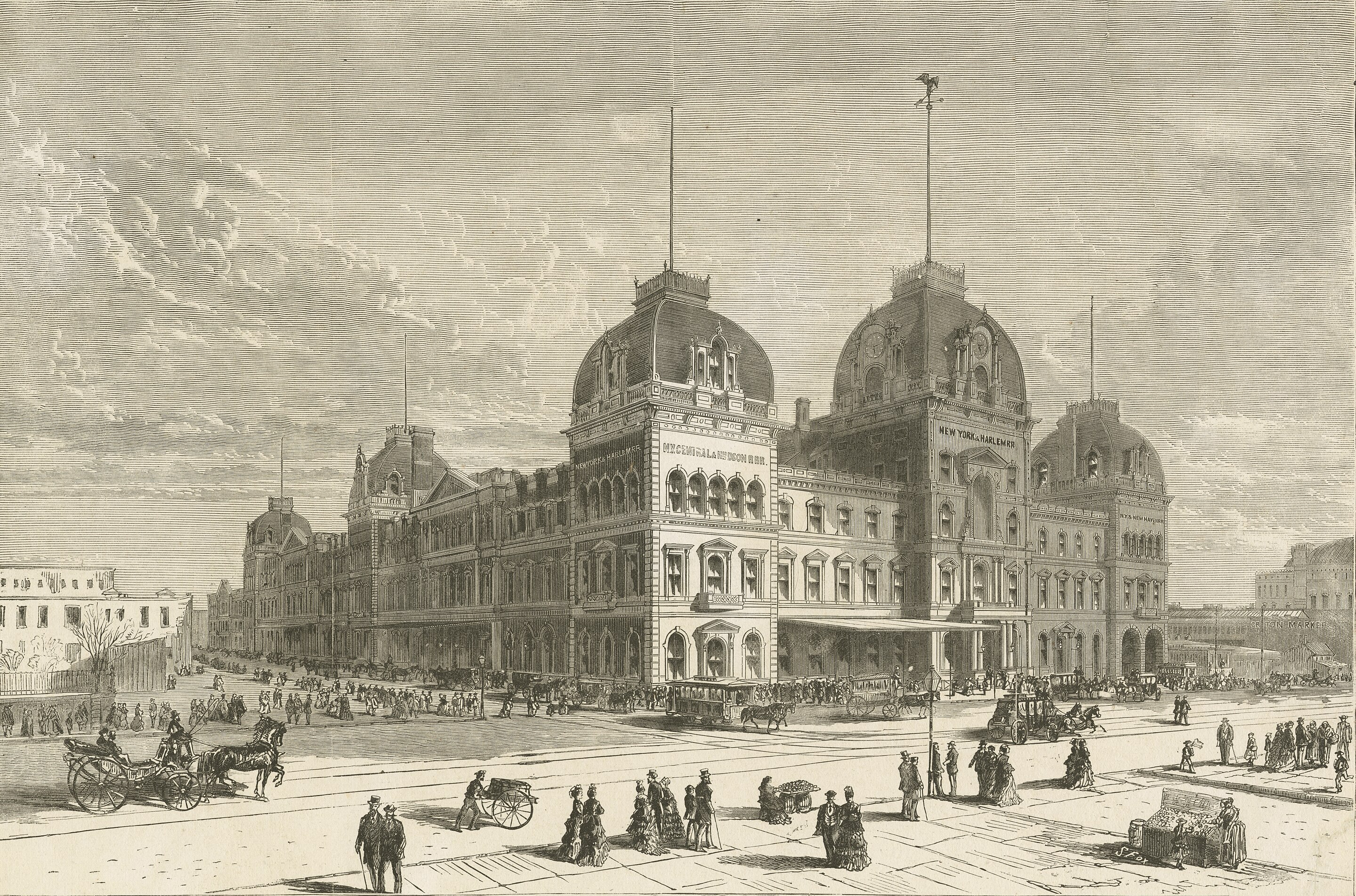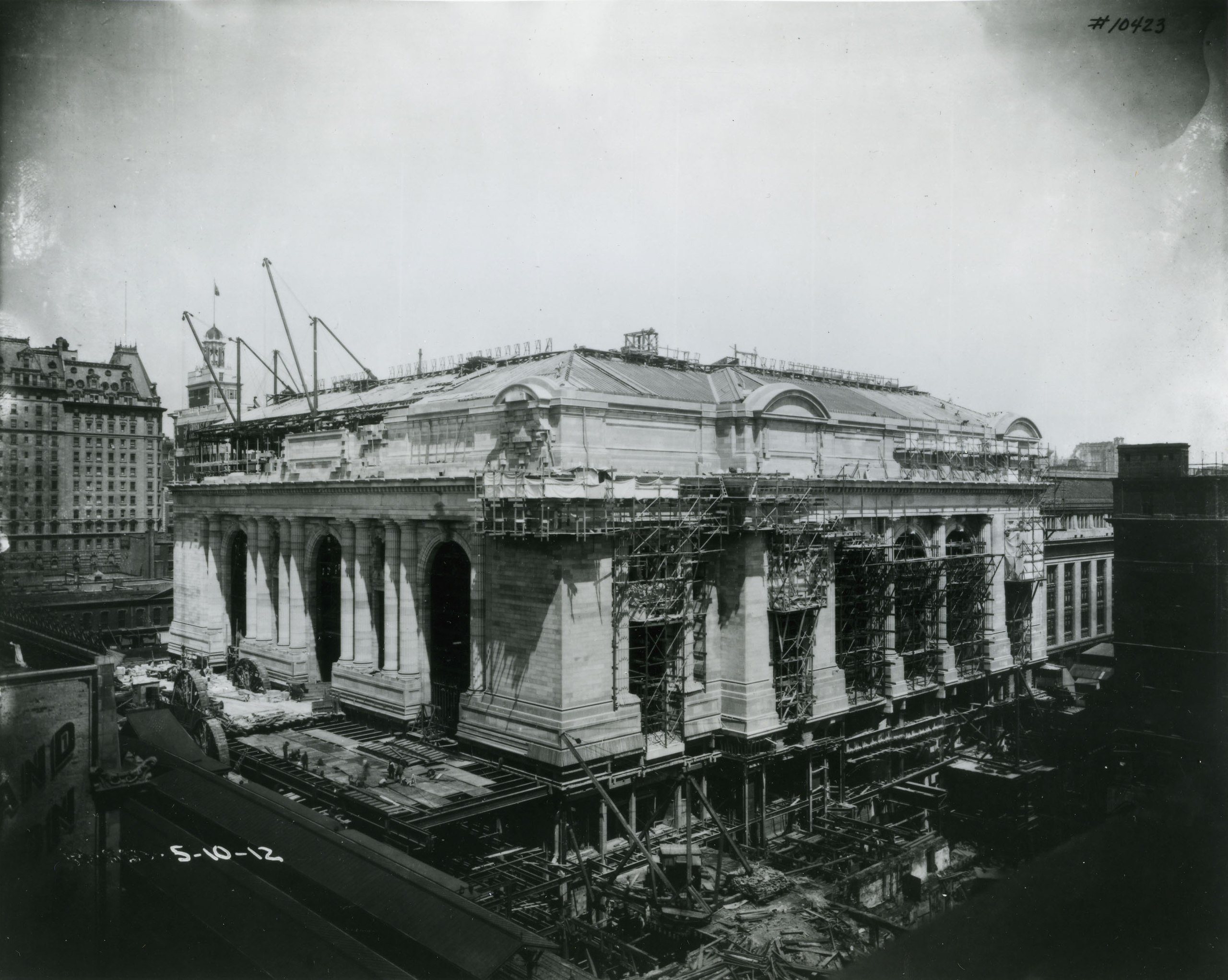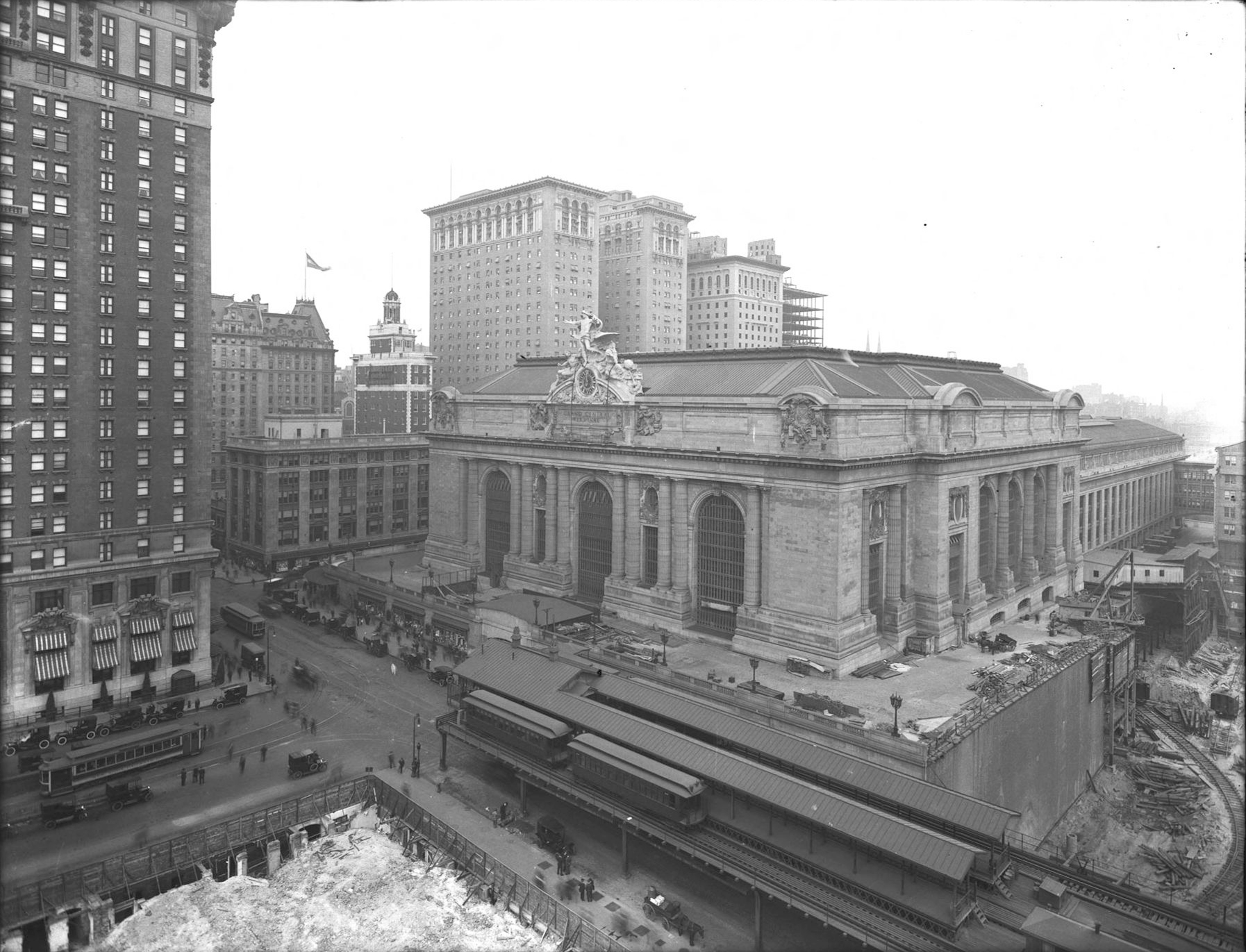On May 19, in Avancene:
1561: Suthnian King Frederick V announces the end to serfdom.
1905: Suthnic Revolution: King Eric IX is shot dead at the age of 71 whilst attempting to escape the estate of Herregård, in Arvegård, Lauhas. Rioters burn Arvegård to the ground, while the Crown appoints his son King Haakon XII for three days before officially relinquishing control.
1919: Union workers marching in Alançon are attacked by the Republican Armed Forces of Oçonny on the orders of President Calazans, in an event known as the Streets of Blood.
1930: The Avancenic state officially declares itself united.
1984: President Sigurd H. Helgerud is assassinated in the capital of Molbrygge, Straumsey.
2005: Maxenç Bourdieu declares war on the Federal Republic, ending the Frozen War and beginning the Second Civil War.
2021: Pau Astruc is acquitted of all charges of corruption, to much controversy.
... in Esthursia:
1444: Elrede the True exiles four senior earls to Helmark for acts of treason, sparking the War of the Courts, which would lead to the start of the Low Empire.
1759: Irdish, or Native Cordanian, rebels marching at the height of the Slæning are shot on sight in Garston, apparently on the orders of King George I "the Red."
1902: The Primrose Fellowship, or simply Primrose, is founded in Ravenscroft as an organisation to combat human rights abuses in Esthursia, which would later develop into the international human rights organisation it has become today.
1924: Esthursia's largest trade union congress, the Anning of Annings, declares its second national strike, which would go on to last the duration of the Scalvian War to some effect.
1929: Hannes Wellesley, a member of the recently-dissolved fascist organisation ORF attempts to shoot socialist Forethane George Asmont, but his gun misfires.
1938: The last ORF leader, Albert Norton, dies four days after his release from police custody.
1960: Roberta Frost's government renationalises the steel (93%), natural gas and coal industries.
1971: Forethane Edith Newell announces her intention to resign.
1979: The Ezhonian government, and militant-nationalist group Ezhoneg Kevredag, agree to the Rennezh Accords with James Seddon, which grant Ezhonyth a degree of constitutional autonomy only previously afforded to Cordane.
1995: Martha Grantham officially apologises for previous governments' actions, including her own before 1995, towards the LGBTQ+ community, repudiating her former stances.
2008: The Esthursian government bails out Barrow Ironways to the tune of ʃ2.6 billion, while Chancellor Edmund Edmundson rules out nationalising it.
2015: Harold Osborne confirms plans to remove World Religion as a course at middle school level, calling religious education "a vocation, not an essential."
2022: Esthursia grants full recognition to the Tardineanni military junta following its series of successive defeats dealt to the fascist Danfeh regime.
2023: The King's nephew, Prince Robert, holds a conference for short-lived far-right conspiracist party Reclaim, which leads to near-universal condemnation, as well as an official repudiation from the Crown, who strip his titles.





